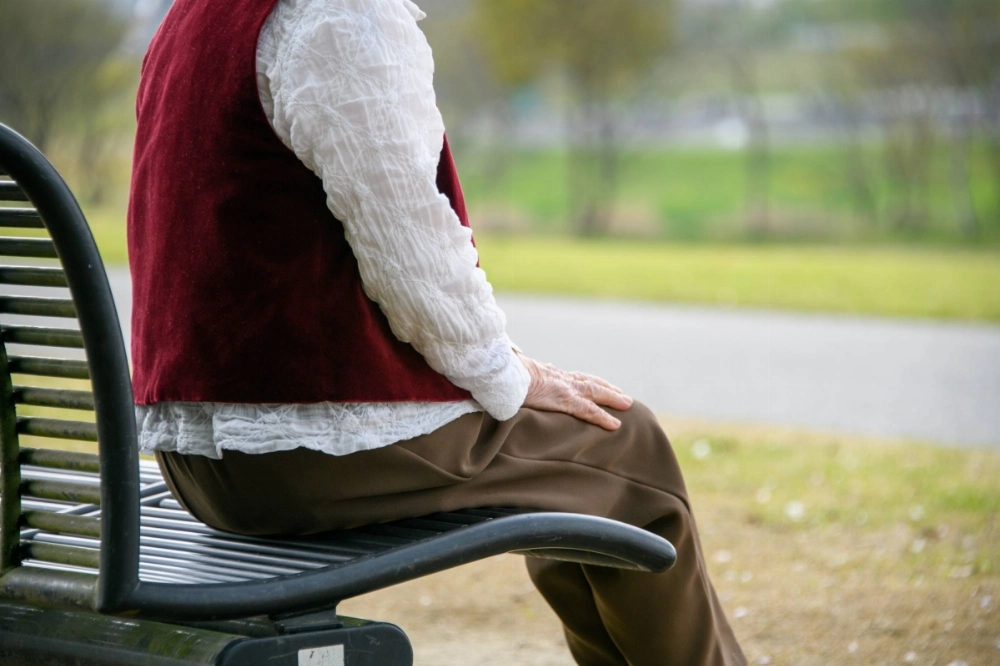Japan is expected to lower the price of lecanemab, an Alzheimer's drug codeveloped by Japanese drugmaker Eisai and Biogen of the United States, following a health ministry panel's report citing its low cost-effectiveness.
Based on the assessment report, the ministry is expected to cut the official price of the drug by up to 15% from the current level of about ¥3 million per patient a year.
The report, submitted to the Central Social Insurance Medical Council, which advises the health minister, on Wednesday, pointed to lecanemab's lower cost-effectiveness compared with conventional Alzheimer's drugs such as donepezil.
The margin of the expected price cut will be formally decided after the council discusses lecanemab's effect in reducing costs of public nursing care services.
Lecanemab is innovative because it removes abnormal proteins that accumulate in patients' brains, hopefully slowing the progression of the disease.
As the number of dementia patients is expected to increase rapidly due to the aging population, there are concerns that the expensive drug will pressure the finances of the nation's public health insurance programs.
Eisai rebutted the ministry panel's report, arguing that lecanemab's cost-effectiveness has been underestimated.
While noting that the company and the panel used different analytical models, Eisai emphasized that its analysis better reflects the value of the drug.



















With your current subscription plan you can comment on stories. However, before writing your first comment, please create a display name in the Profile section of your subscriber account page.